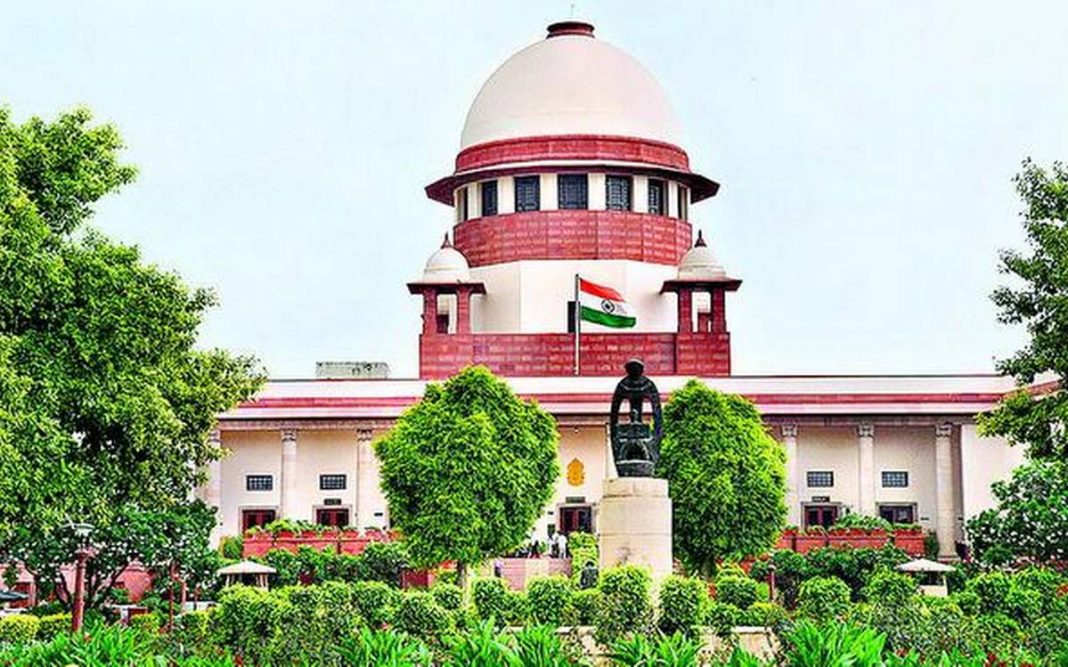The Supreme Court on Wednesday upheld the manner in which the Central Government introduced the “One Rank One Pension” scheme in defence forces as per its notification dated November 7, 2015.
“We find no constitutional infirmity in the principle OROP adopted,” said Justice D.Y. Chandrachud.
The Court pronounced its verdict in a plea filed by the Indian Ex-servicemen Movement seeking implementation of the One Rank One Pension (OROP) in the defence forces. In February last month, the Centre had informed the Apex Court through its affidavit that the budget speech by the UPA Government in February 2014 announcing OROP to have prospective effect did not have the Cabinet’s backing as Cabinet approval was given only in April 2016.
The Defence Ministry said that the Finance Minister’s speech dated February 17, 2014 wherein the Koshiyari Committee’s recommendations for OROP was endorsed was not based on any decision or recommendation by the then Union Cabinet.
Also Read: Supreme Court stays HC order summoning IPS officer in Asaram rape case
The Centre’s reply in the Supreme Court comes days after the court questioned discrepancies between the parliamentary discussion on OROP in 2014 versus the actual policy in 2015. The Central Government said that in 2014, the then Finance Minister P. Chidambaram had given a statement during the discussion on OROP without the recommendation of the cabinet whereas the actual policy of 2015 was different.
After hearing the petitions, the bench of Justice D.Y. Chandrachud and Justice Surya Kant had reserved its order. Earlier, the Supreme Court had asked the Central Government to present the blueprint of its financial outlay in court and asked whether any guidelines have been issued on the assured career progress of OROP?
The Court has asked how many people have been given the benefit of this facility under Modified Assured Career Progression (MACP). The issue prevailed when in 2014, the Defence Minister announced that the government has agreed in principle to the grant of OROP.
Also Read: Supreme Court refuses pre-arrest bail to youth accused in Ballabhgarh shootout
The plea preferred by the Indian Ex-servicemen Movement has challenged the notification issued by the Union Government dated November 7, 2015 wherein while implementing OROP principle created a class within a class and effectively granted one rank different pensions and under which the gap created between the rates for the present pensioners and past were to be bridged at periodic intervals.
19818_2016_34_1501_34168_Judgement_16-Mar-2022

